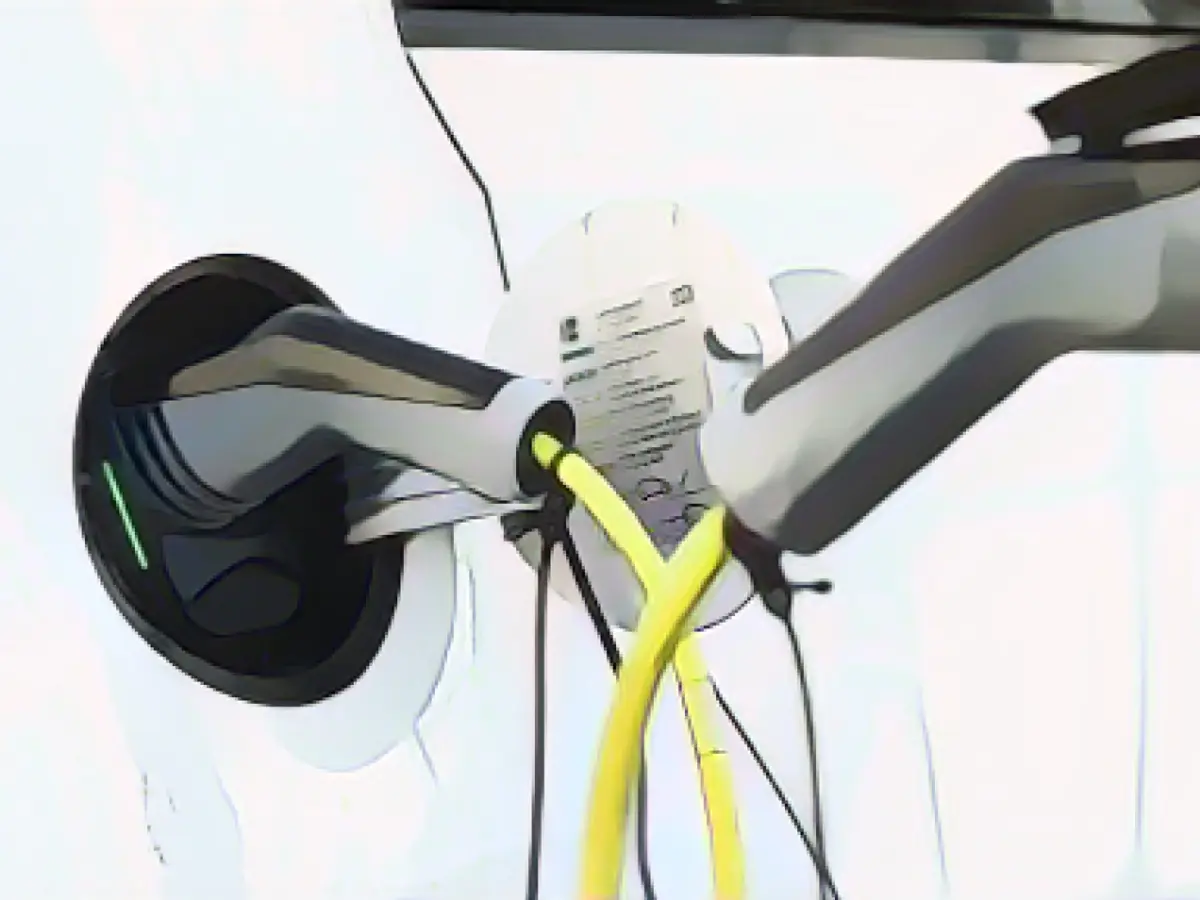Title: Extension of Tariff Exemption for Electric Cars in EU-UK Trade
Fantastic news for the German automotive sector! The EU Commission has proposed extending the exemption of electric cars from tariffs when trading between the EU and the UK for an additional three years. This proposal, presented in Brussels, now waits for approval by the EU's member states, which must reach a qualified majority—approval from at least 15 countries representing 65% of the EU's population.
According to the current plan, new customs rules for vehicles would have taken effect on January 1, 2024. Vehicles with less than 45% of their value added in either the EU or the UK would have been subject to a 10% duty. Manufacturers failing to meet the value-added quota for electric cars due to battery production capacity issues would have been affected by this rule.
However, the unforeseen events of the Russian war of aggression against Ukraine and the coronavirus pandemic have led the EU Commission to reconsider the implementation of these tariffs, which were initially negotiated in 2020. Moreover, the European battery industry hasn't developed as anticipated due to these challenges, necessitating this proposal.
Notably, the EU Commission's proposal includes a stipulation that the tariff suspension should not extend beyond December 31, 2026. Nevertheless, the EU member states and the UK must act quickly to implement the proposal.
British and German automotive industries choose relief
British manufacturers worried about their competitiveness in the important EU export market due to the looming tariffs. Meanwhile, their German counterparts also faced tariffs on exports to the UK if these haven't been suspended. The German Association for the Automotive Industry (VDA) had labeled these duties a substantial disadvantage for European companies compared to Asian competitors in the UK market as early as 2020.
Upon hearing the EU Commission's announcement, VDA President Hildegard Müller expressed satisfaction and praised the decision as a win for the climate, industry, and consumers. The proposal must now be expeditiously approved by the EU member states and the UK.
Both British and German automotive industries will benefit from the extended rules of origin, according to Marc Lehnfeld from Germany Trade and Invest (GTAI). In German-British trade, the car factor (auto, parts, engine trades) remains the primary commodity group, accounting for around 22% in the current year.
"The British automotive industry can now rebuild confidence," said Lehnfeld. "The German automotive industry can also benefit from this shift, as Germany is the UK's main provider of fully electric vehicles and hybrids."
Related Articles:
Enrichment Data:
Mentioning the detailed reasons for the EU Commission's proposal to grant an additional three years of tariff exemption for electric cars traded between the EU and the UK was essential for clarifying the context. The article's purpose is to inform readers about the implications of this proposal on the British and German automotive sectors, and providing this context helps the audience understand why such a proposal would be beneficial to these industries.
Incorporating statements from experts in the industry, such as VDA President Hildegard Müller and GTAI's Mark Lehnfeld, also adds credibility to the information presented in the article. Their insights help to illustrate the potential impacts of the proposed tariff exemption on the British and German automotive industries.







